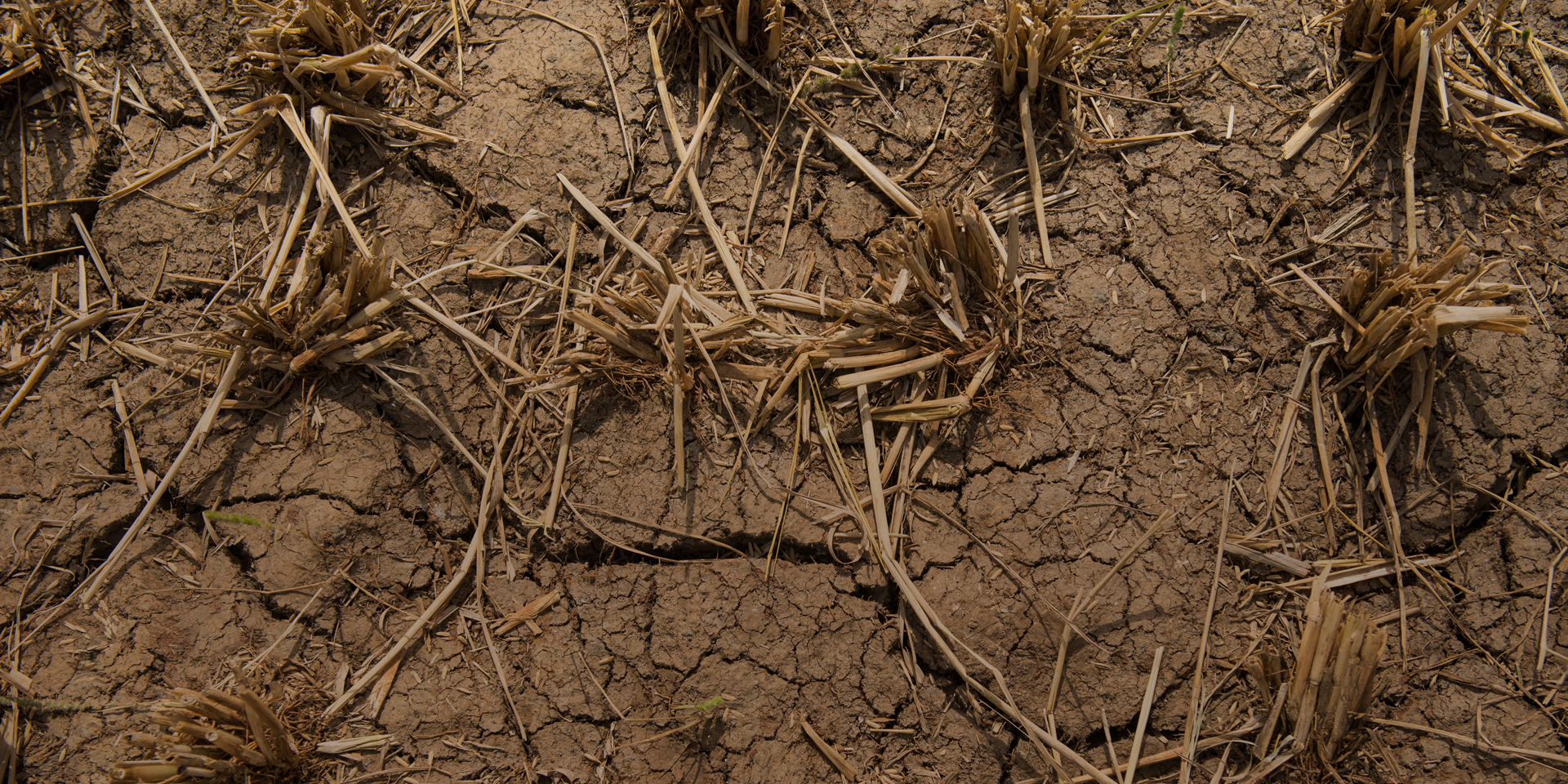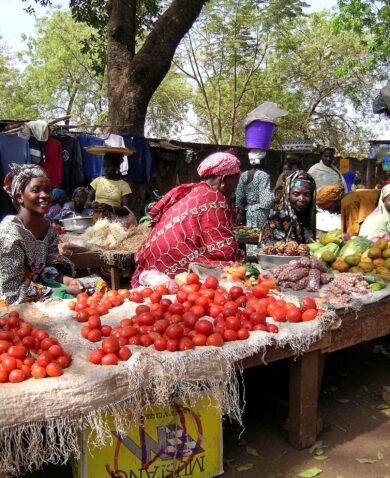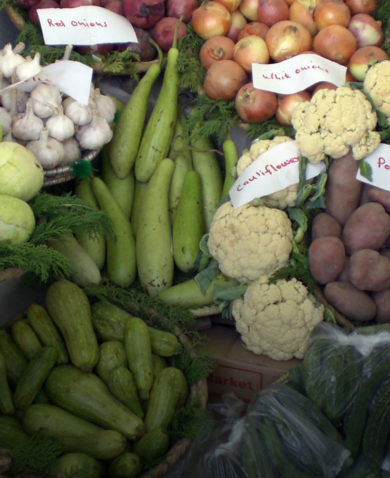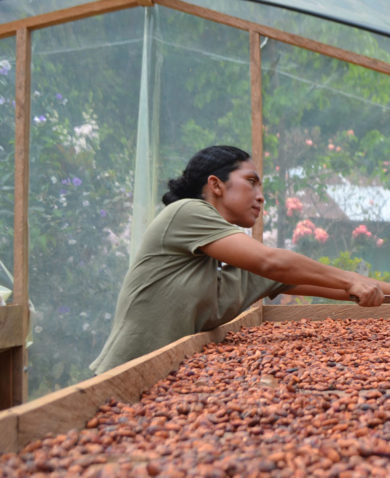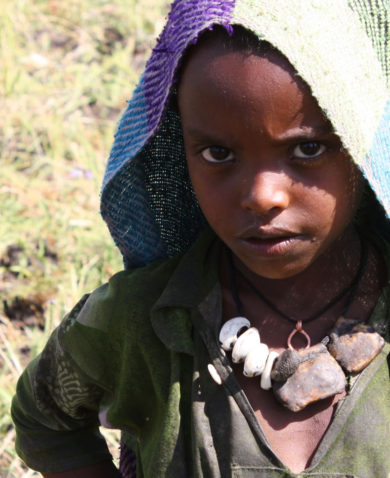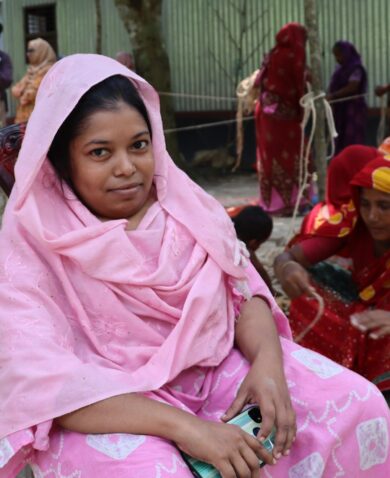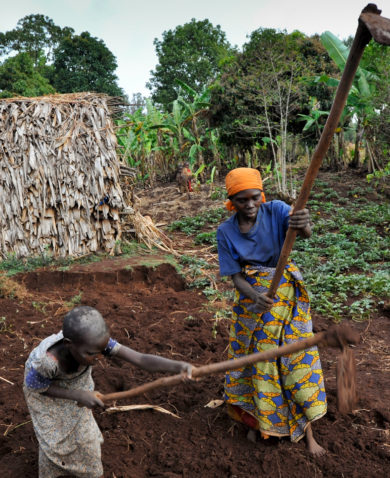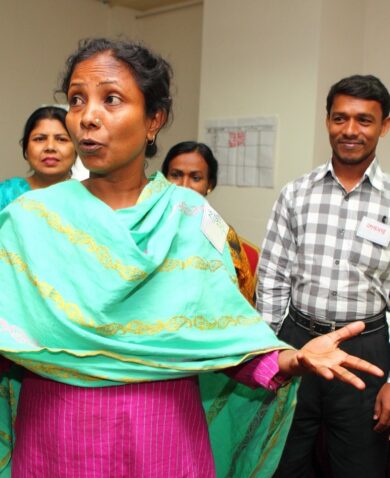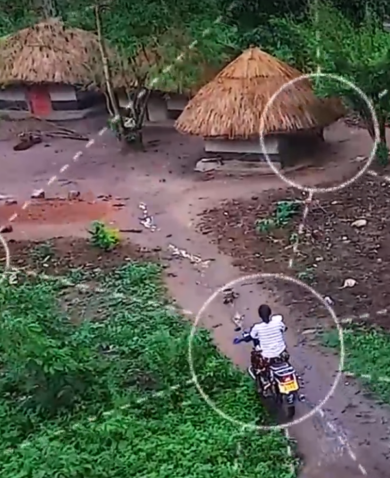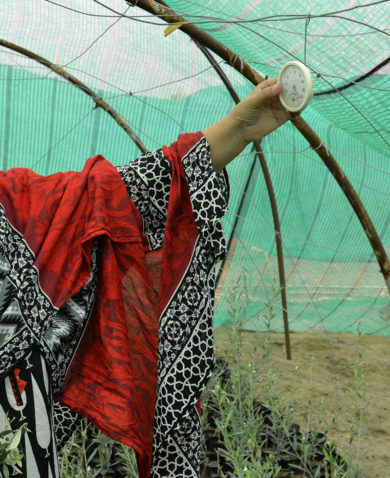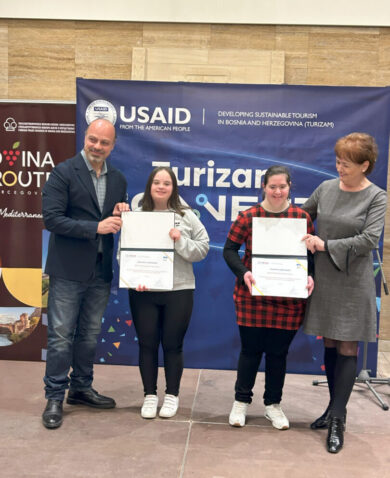In light of the slow (or absent) progress towards peace in these four countries, it is important that donors, governments, parties to the conflicts, and the international community intervene to improve food and physical security in a way that is sensitive to the conflict. Practicing conflict sensitivity in these contexts means evaluating immediate and second-order impacts of actions in conflict-affected countries, anticipating risks, and taking steps to minimize impact on civilians. There is an implied assumption in the practices below that there is political will to end conflict and protect the populations.
Maintain and promote indigenous social connections and resilience
Studies of the 2011 Somali famine, which killed an estimated 280,000 people, found that those who fared best were from tight networks in select geographies, linked to Somalia’s ancient system of clan and family allegiances. This innate resilience allowed them to pool resources as well as call on connections in non-famine-affected parts of the country and overseas to solicit resources and overcome supply route challenges. This innate resilience can be threatened by displacement in the form of people fleeing fighting or dispersing to humanitarian aid locations.
Prioritize protection of civilian infrastructure and supply routes
In South Sudan, the national government has intercepted humanitarian shipments, ostensibly because rebels could steal and sell them to fund their operations. In coastal Yemen the vital network of ports, at one time used to import 90 percent of the national food supply, have become sites of contestation, attacked by each side and rendered unserviceable. This has compounded already dismal food insecurity and added to the extreme difficulty relief agencies have had in reaching many of Yemen’s 18 million people in need of humanitarian assistance. In Nigeria, an estimated 262 medical facilities have been destroyed by the insurgency, making it difficult for Nigerian authorities and international aid agencies to treat malnutrition or widespread cholera.
Support normal civilian movement
Though the government of Nigeria claims to have technically won the war against Boko Haram, large tracts of arable land are littered with land mines. Populations are fenced in to relatively small sections of Borno state, cut off from normal livelihood activities and unreachable by aid agencies because of Boko Haram operations, compounding starvation risk. In Yemen, normal livelihood activities like cultivation and marketing have all but ceased because people are unable to move during aerial bombardments.

